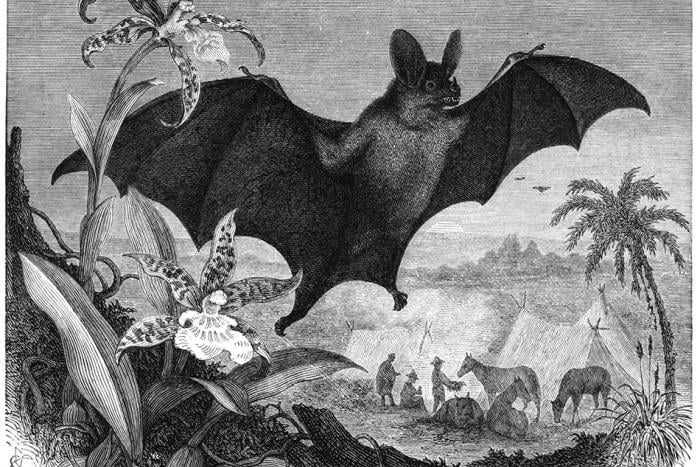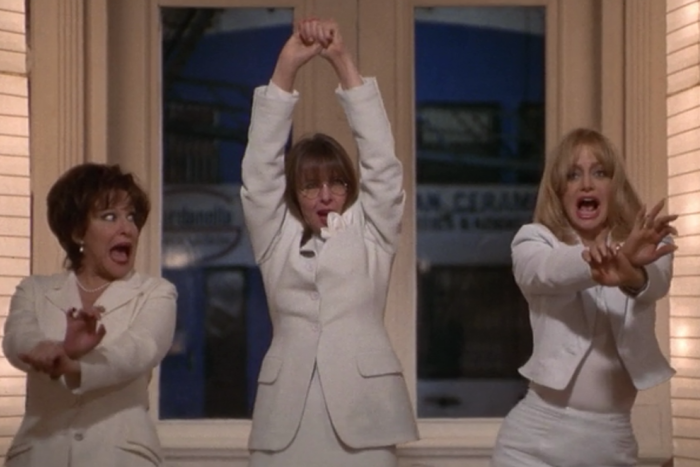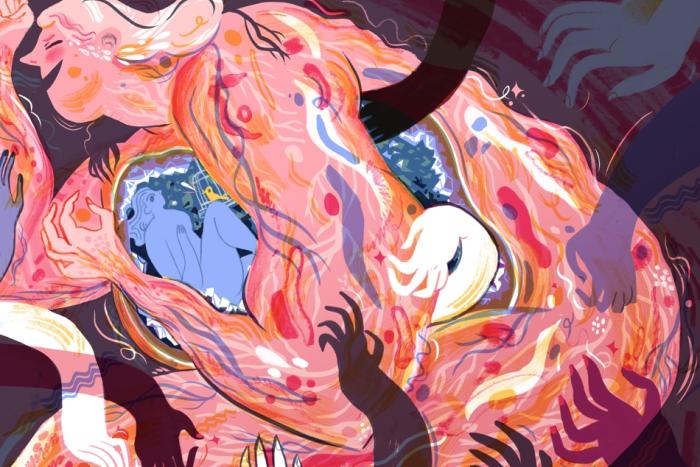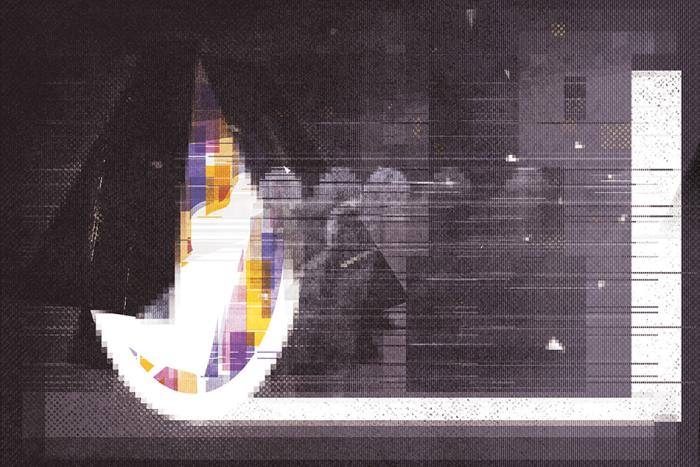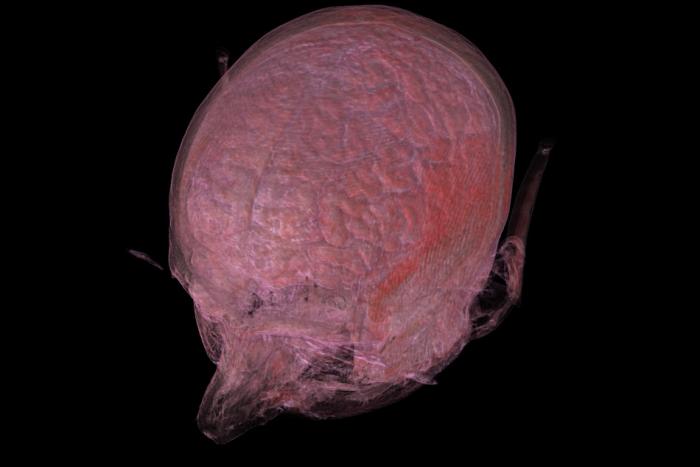Searching for the ease that comes with unspeakable wealth, from counterfeit markets in Bangkok to money at the bottom of a barrel.
Essay
The Latest
I should know how to pinpoint emotional vampires: experts watching from armchairs would conclude that the first one I encountered was my dad.
We're supposed to follow a certain narrative when our partners leave us. What happens when we flip the playbook?
A mirthful reaction masks an experience that's much closer to facing your own mortality.
Covering mirrors while in mourning has a curious ambivalence: both ritual and superstition, a way of honoring the dead and warding them off, a vow that hides within the fear of something going wrong.
At 36, I was diagnosed with a brain tumour while overworked in the unstable world of academia—sometimes when systems fail, they fail all at once.
I was excited to exist as a non-religious writer, free of the idea that my words might “save” someone. Which is why I was surprised when, recently, I realized I was acting like a religious person.
Existential collapse is often treated as the domain of men coming face to face with their mortality. For me and other women, our crisis wasn't how much life was left, but how much of it we gave away.
Pagination
- Previous page
- Page 7
- Next page




